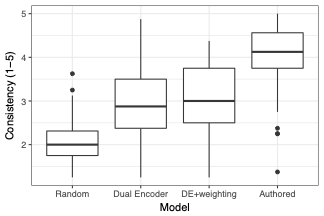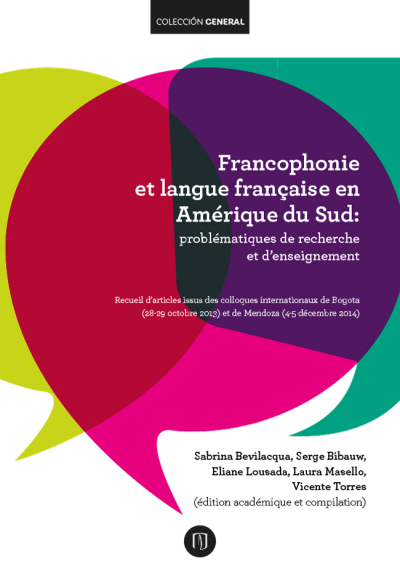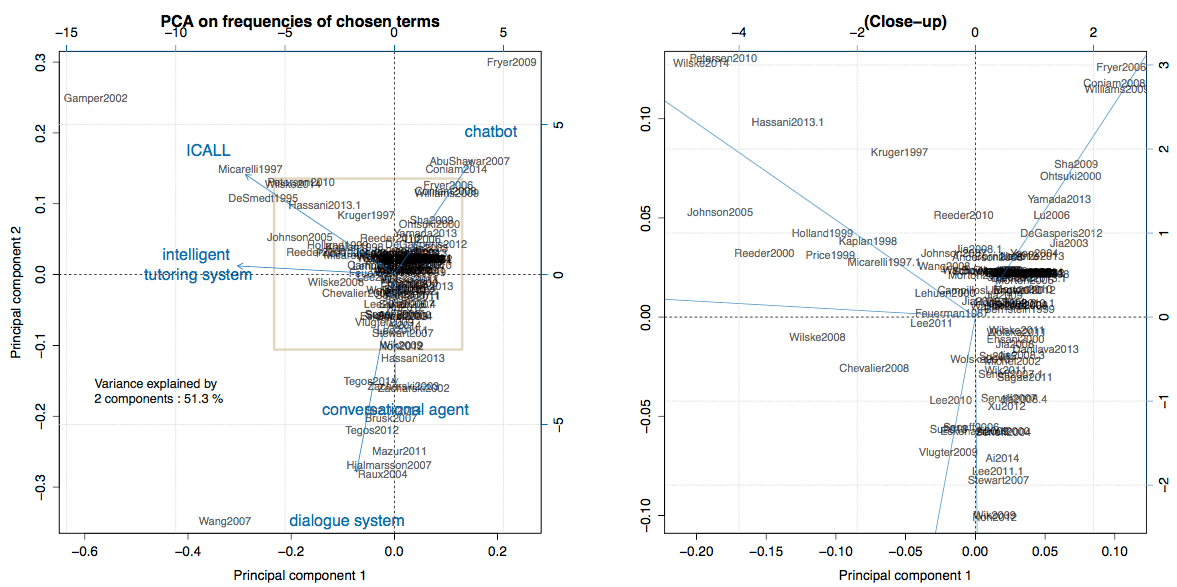Publications
2024
2023
2022
- Learning with Conversational AI: Design and effectiveness of dialogue-based computer-assisted language learningDoctoral disseration, KU Leuven, 2022
2019
2017
2016
2015
2010
- Les pratiques d’écriture réflexive en contexte de formation généraleRepères pédagogiques, revue andragogique marocaine, 1 (2), 2010
- L’écriture réflexive dans le contexte de la transition secondaire-université. Enquête auprès des élèves et des étudiantsBulletin d’échanges des professeurs de français, 20, 2010
2009
- Développer la réflexivité par l’écrit en fin de secondaireBulletin d’échanges des professeurs de français, 19, 2009





